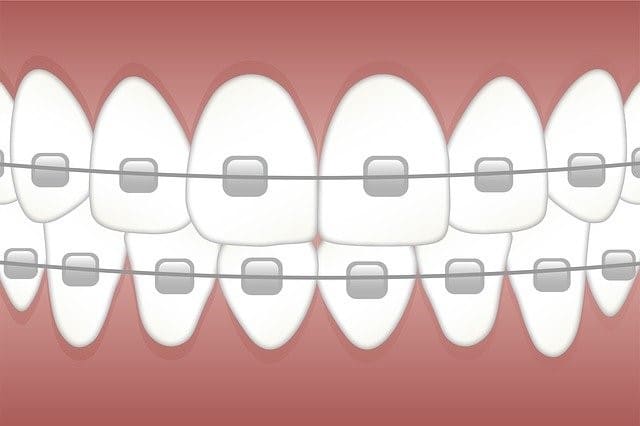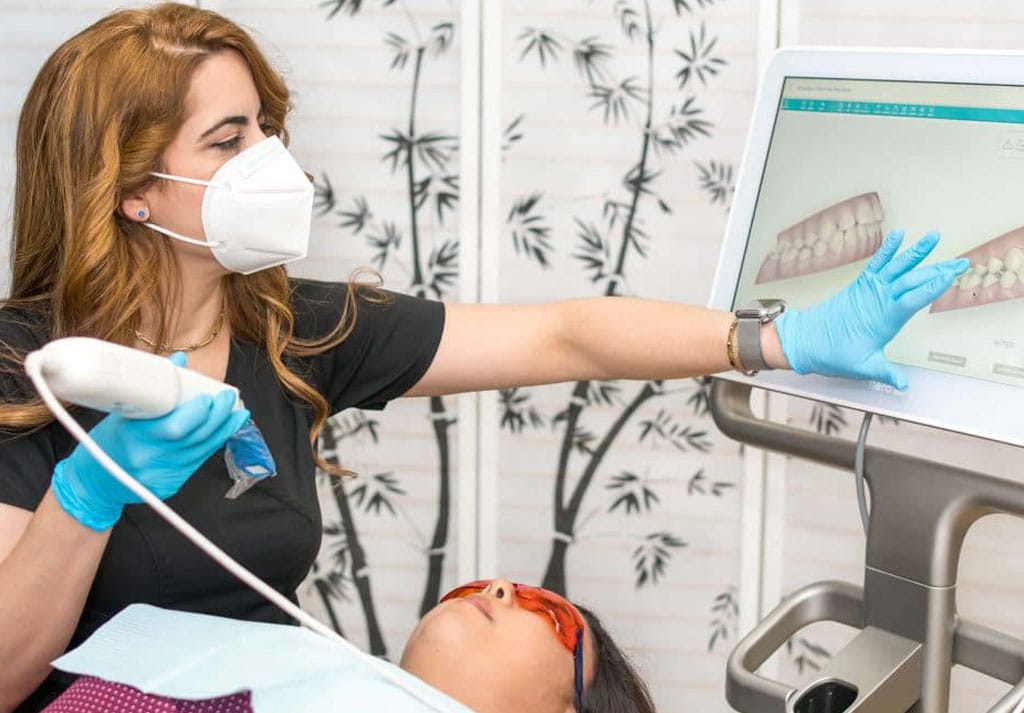Everyone loves the white, straight teeth appearance; it helps to increase your self-esteem and confidence. Underbites are a problem in many children, but it is uncommon, but correction is always necessary for an underbite. There are several treatment options for underbites. You can consult with your pediatric dentist in Miami if your child has an underbite problem and choose the best available alternative that suits your child. However, you must take your child to a dentist every six months for regular checkups.
Treating an underbite is necessary to reduce the chances of more invasive treatment options that may cost more. Therefore, the success rates of early treatments are high.

What Is Underbite?
An underbite is a problem in which your lower teeth are far from the upper teeth when you close your mouth. This usually occurs because of misalignment of the jaw, known as malocclusion.
Not all underbites need to be the same. You may not know whether it is an underbite in a mild case. Still, in severe cases, the jaw protrudes to the exterior, which makes it noticeable. Some people consider it a cosmetic issue, but it is more than that. It can cause speaking issues and chewing problems. An underbite can cause wear and tear to the front teeth, which makes them more prone to chips or cracks.
You may find chewing food or biting difficult when your jaw isn't aligned. Additionally, receiving treatment will improve your child's general well-being. To treat it, your orthodontist Miami beach will recommend underbite braces to correct the problem.
What Causes an Underbite?
Genetics: Genetics can play a role in underbite development, including jaw development, teeth shape, etc. If a parent has an underbite, there are chances for the child to have an underbite.
Jaw abnormalities: Certain jaw abnormalities, such as a smaller lower jaw, can also lead to an underbite.
Habits: Prolonged thumb-sucking or prolonged pacifier use can cause an underbite.
Poor oral hygiene: Poor oral hygiene can cause the teeth to shift, resulting in an underbite.
Injury: An injury to the jaw or face can cause an underbite.

Premature loss of baby teeth: If a baby tooth is lost before its time, the underlying adult tooth may erupt wrongly, which results in an underbite.
Orthodontic treatments: Poorly executed orthodontic treatments can also lead to an underbite.
Your physical and mental health may be affected by any complications, varying in severity from mild to severe or depending on the extent of the underbite. Underbites can occasionally result in difficulties and other jaw problems. An underbite can result in Temporomandibular Joint Disorder (TMJ) or chronic jaw discomfort. TMJ causes popping sounds and severe jaw discomfort by giving you the impression that your jaw is locked or stuck. Chronic headaches, toothaches, earaches, vertigo, and hearing loss are additional TMJ side effects.
In Conclusion:
Toddler underbite correction requires a thorough and all-encompassing strategy, but several efficient methods are available. If the underbite is severe enough, your child may need an orthodontic treatment such as braces and jaw expanders. When it comes to children's underbites, early treatment is essential, so book an appointment with an orthodontist in North Miami and discuss treatment options.
Article source : https://www.mybusinessmusings.com/what-should-you-know-about-underbite/

